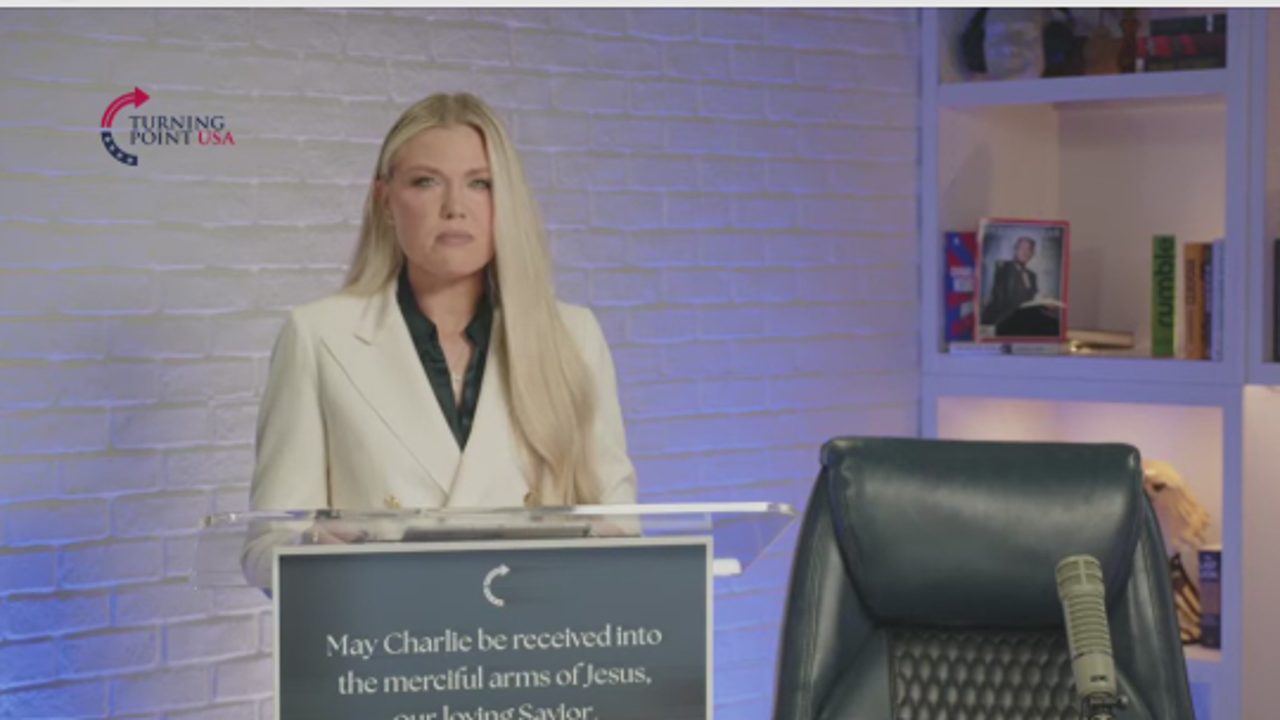Mexico`s national football team, affectionately known as El Tri, has long reigned supreme in Concacaf, celebrating recent triumphs like the Concacaf Nations League and the Gold Cup. Yet, as the 2026 World Cup on home soil looms larger, a familiar question echoes across their passionate fanbase: Can regional dominance finally translate into global significance? The journey to becoming a true world contender demands more than just continental crowns; it requires confronting the world`s elite, head-on, in a relentless pursuit of `signature victories.`
The Concacaf Conundrum: A Familiar Comfort Zone
For decades, Mexico has navigated the Concacaf landscape with a certain predictable swagger. They`ve consistently qualified for the World Cup, often emerging from the group stages with a degree of inevitability. However, this comfort has often been a double-edged sword. Since 1986, El Tri has notoriously failed to advance beyond the Round of 16 – a streak that has become less of a historical footnote and more of a national footballing albatross. This consistent bottleneck highlights a deeper issue: the lack of sustained, high-level competition within the region often leaves Concacaf`s top teams ill-prepared for the cutthroat intensity of a global tournament.
2026 and the Weight of Expectation
With the 2026 World Cup partially hosted in Mexico, the pressure on El Tri is unparalleled. This isn`t just another tournament; it`s an opportunity to redefine their legacy on their own turf. Under the guidance of their current head coach, Javier Aguirre, there`s a palpable shift in strategy. The focus is no longer solely on maintaining regional supremacy, but on rigorously testing the team against diverse, top-tier international opposition. It`s a pragmatic recognition that merely winning against familiar foes won`t forge a team capable of challenging the world`s best. The goal is not just to participate, but to truly compete, and perhaps, even dream of a quarter-final berth – a feat not achieved since 1986.
The Global Gauntlet: A Calculated Risk
To break free from the Round of 16 curse, Mexico has wisely begun to embrace a challenging schedule of international friendlies. Facing formidable opponents such as Japan, South Korea, Colombia, and Ecuador before the World Cup signifies a deliberate and necessary strategic pivot. These matches are not merely exhibition games; they are crucible tests designed to expose weaknesses, solidify tactical approaches, and build resilience under intense pressure. A clash against a team like Japan, ranked 17th in the world and boasting a formidable squad, serves as an invaluable barometer. It`s a chance to gauge defensive solidity, assess midfield control, and, crucially, evaluate the effectiveness of their attacking prowess against a truly global standard. Winning is, of course, desirable, but the true prize lies in the lessons learned and the experience gained.
The Attack`s Impetus: Beyond Defensive Reliance
While Mexico`s defense has often been a bastion of strength, as evidenced by their impressive record of conceding only three goals in recent Gold Cup play, the offensive side of the equation frequently raises concerns. The effectiveness of their forward line remains a critical area for improvement. Relying heavily on established figures like Raúl Jiménez, the team needs other attacking talents to consistently step up and provide the necessary firepower. Global tournaments are rarely won solely on defensive fortitude; they demand clinical finishing and creative breakthroughs. Without a diversified and potent attack, even the most resolute defense can eventually buckle under sustained pressure. This period of international friendlies is the ideal proving ground for new attacking combinations and individual brilliance to emerge.
Conclusion: The Long Road to Redemption
Mexico`s journey to the 2026 World Cup is a compelling narrative of ambition, historical burden, and strategic evolution. Their recent regional triumphs have laid a foundation, but the true test lies in their ability to transcend their continental comfort zone. By deliberately seeking out and engaging with the world`s elite, El Tri is taking a calculated, albeit challenging, path toward global relevance. The hope is that by 2026, the familiar script of Round of 16 heartbreak will be rewritten, and Mexico will finally prove that their kingship extends far beyond the borders of Concacaf. The pressure is immense, the stakes are high, and the world waits to see if this strategic shift will finally yield the long-coveted glory.

